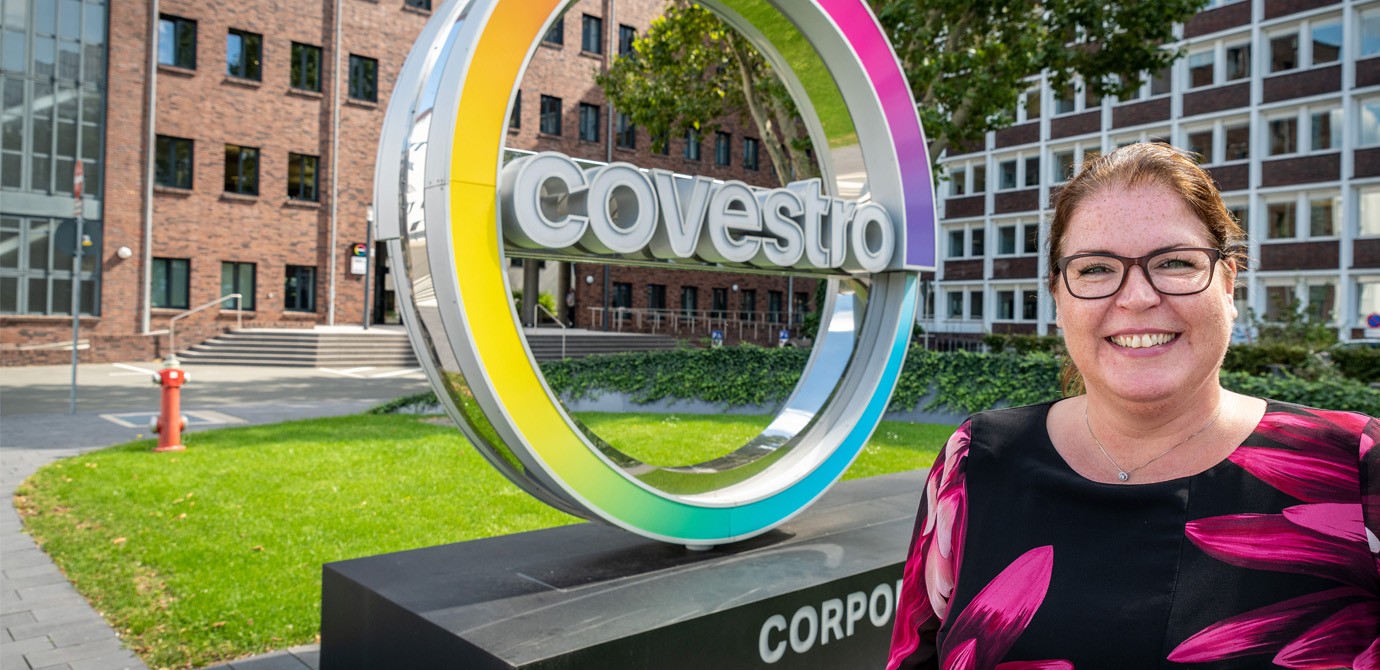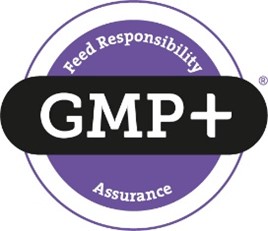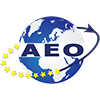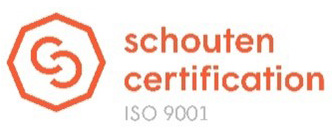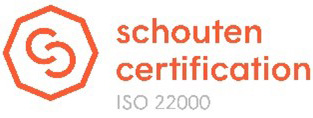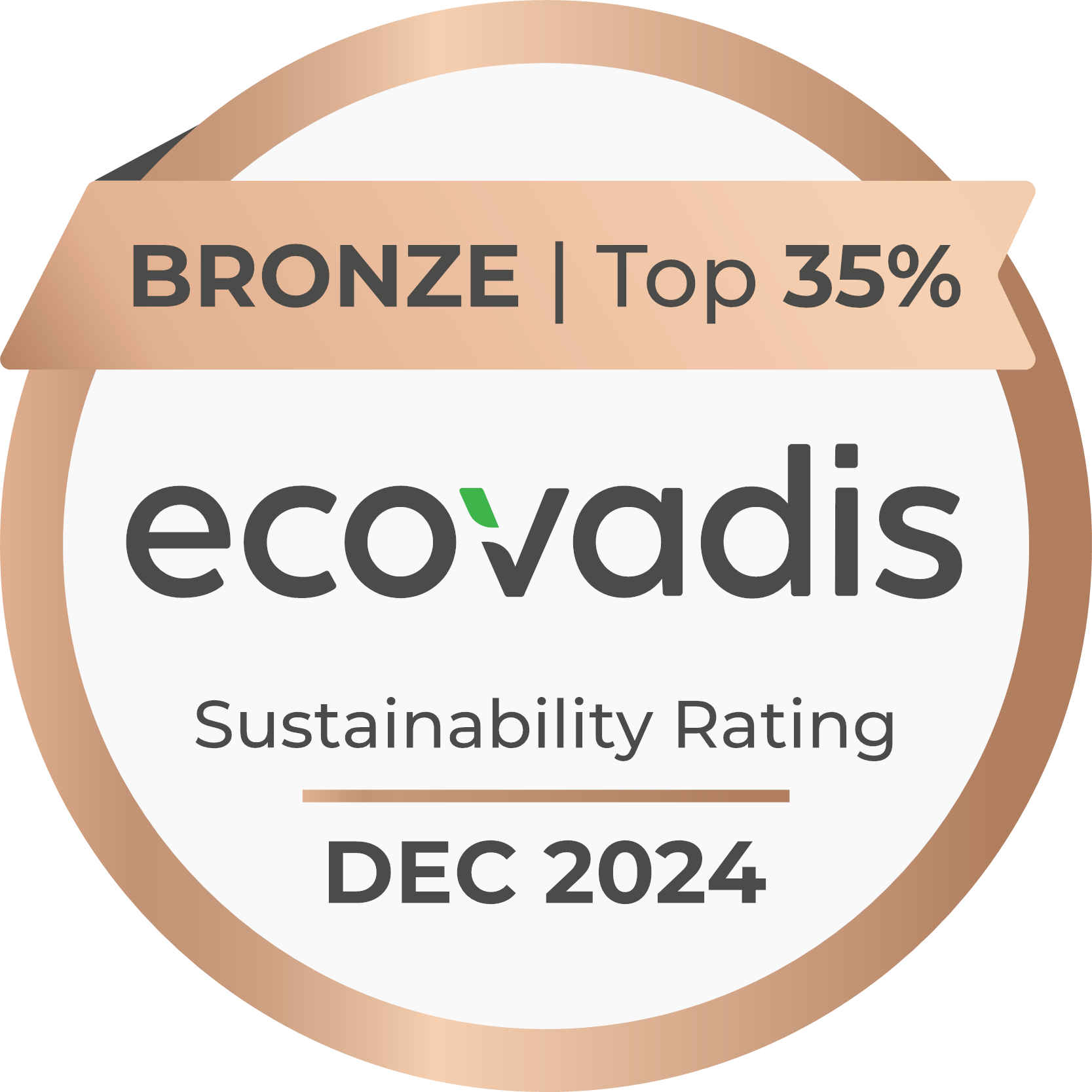Covestro is one of the world’s leading suppliers of high-quality polymers. “Our sustainability commitments go beyond our own walls, as we expect the same level of engagement from our suppliers.”
Covestro’s products are present in a whole range of everyday consumer goods; refrigerators, mattresses, furniture, cars, sports shoes, housings and electrical appliances. However, this is not immediately apparent. “Our products are almost always integrated into goods in a way that hides them from the end user,” according to Nicole Kopitzke, Head of Logistics Procurement.
Covestro is one of the world’s leading suppliers of high-quality polymers, which are used for all kinds of applications. The main markets for these polymers are the automotive industry, the construction sector, the wood processing industry, the furniture industry and the electrical and electronics sector. Covestro also supplies the sports and leisure, cosmetics, health and chemical sectors. The company’s product portfolio includes raw materials for high-quality polyurethane foam, which is primarily used as a flexible foam in furniture, mattresses and car seats. Solid foam is used to insulate buildings and refrigerators, among other things. Covestro also produces polycarbonate, a high-quality synthetic material used in the manufacture of automotive components.
Spearheads
Covestro is investing heavily in innovation and sustainability, partly in response to global developments such as climate change and population growth. Kopitzke says, “Our vision reads: ‘To make the world a brighter place’. We’re aiming to push the boundaries of what is possible with the help of innovative products and sustainable solutions.”
Energy-efficient cooling
This commitment to sustainability and innovation is reflected in a whole range of aspects, one good example being the efforts Covestro is making to reduce food waste. The materials used in the food supply and storage chain directly affect the shelf life of food, and the extent to which it decays before it reaches consumers. Covestro makes the components for rigid polyurethane foam. This material is used to insulate warehouses, trucks, refrigerators in supermarkets, domestic fridges and freezers. Covestro’s specialists are constantly striving to improve the properties of high-quality foam.
Less energy, more space
One of the most recent discoveries in this regard is based on a simple law of nature: the smaller the pores in the foam, the better it insulates. It was found that pore sizes could be reduced by up to 40 percent by using microfoam, which resulted in a 10% increase in the insulating properties of the foam. Not only does micro-foam help reduce food waste in this way, the innovation also helps consumers to save energy, because fridges and freezers are responsible for a significant part of a household’s energy consumption. Devices using this innovative foam are also more practical. Micro-foam fridges have thinner walls than conventional models, so provide extra storage space.
More fuel-efficient cars
Covestro is also working on a whole range of innovations in many other areas, including materials for wind turbines, solutions that contribute to lighter and more efficient cars, and insulation systems for buildings that reduce energy consumption. Kopitzke says, “For us, economic growth and sustainability go hand in hand: our products and technologies benefit society and reduce our impact on the natural world. Our sustainability commitments go beyond our own walls, as we expect the same level of engagement from our suppliers.”
Collaboration with Nijhof-Wassink
Nijhof-Wassink has been responsible for Covestro’s liquid bulk and dry bulk logistics for many years, one of the assignments being transporting polyols by tankcontainer from the Covestro production location in Antwerp (B) to customers in Poland. Polyols are an important component for fillings in products such as mattresses, furniture and car seats. “We’ve been working with Nijhof-Wassink for more than twelve years,” says Nicole Kopitzke. “The cooperation began with dry bulk transport, and was extended to include intermodal transport of liquid bulk in 2016. Nijhof-Wassink has proven to be a reliable, customer-focused partner who is also willing to enter new markets.”
Excellent SQAS assessment
“Our aim is to enter into sustainable partnerships with our logistics service providers,” continues Kopitzke. “We believe it’s important that companies meet our safety and quality requirements, and have the required certificates and a valid SQAS assessment. This offers us a guarantee of safe, high-quality and environmentally- appropriate transport and storage of goods. Nijhof-Wassink meets our requirements and service levels. Moreover, they have an excellent SQAS score (93%, ed.). That gives us the confidence that we’ve selected the right partner who we can trust, who knows how to handle chemicals, and is aware of the responsibility that this entails. This has been confirmed.
© 2018 - 2026 Nijhof Wassink



